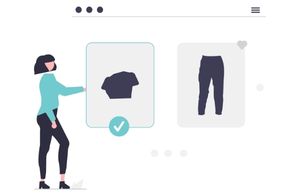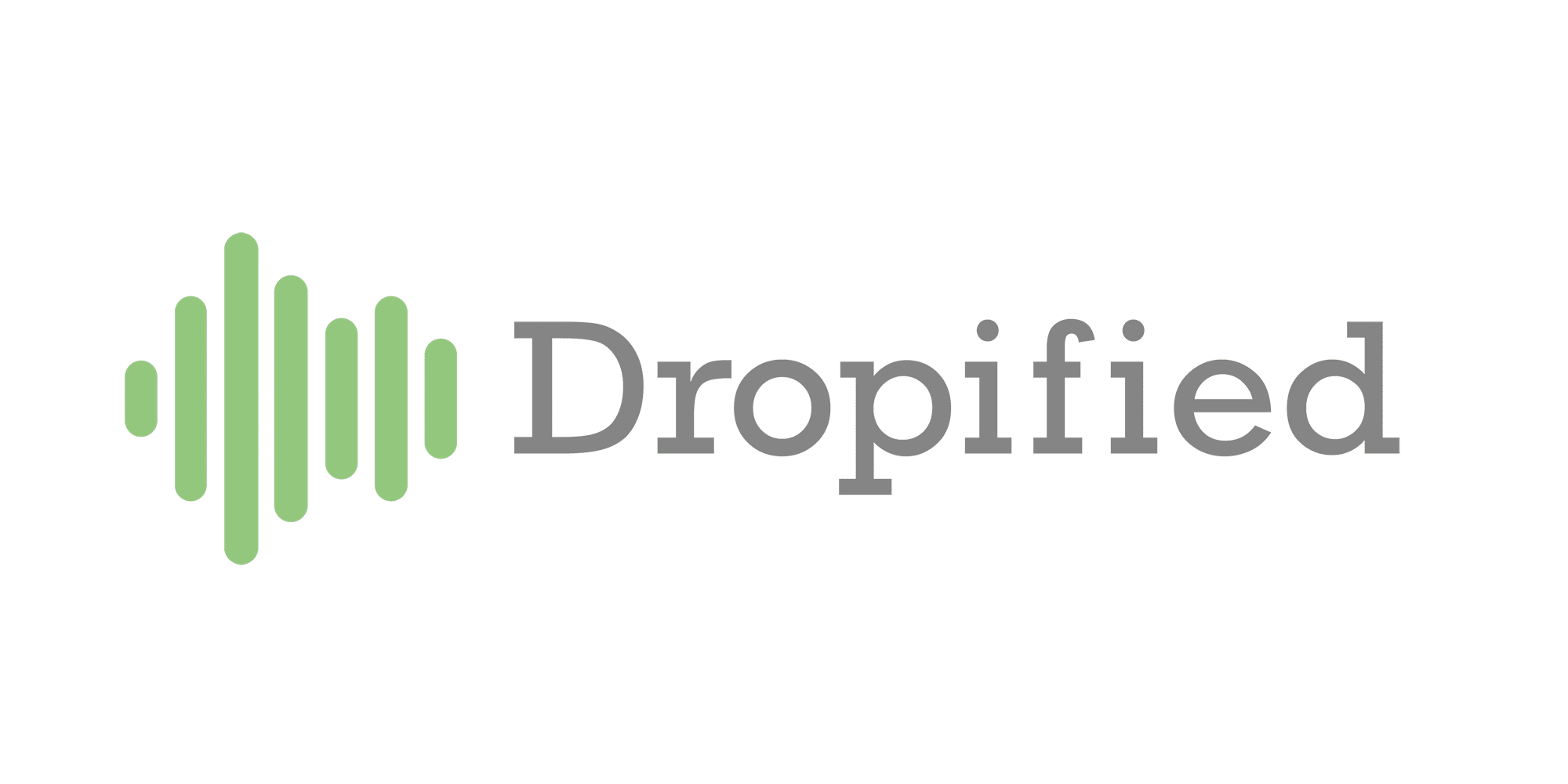Or go to our Shopify Theme Detector directly
Shopify Dropshipping Course
Last modified: May 10, 2024

If you’re aiming to dive into the world of e-commerce without holding inventory, Shopify dropshipping might be your answer. This post will explore the fundamentals of setting up a dropshipping business on Shopify, offering you detailed insights and strategies to help you start and scale your online store successfully.
| # | Name | Image | |
|---|---|---|---|
| 1 |

|
AutoDS
|
|
| 2 |
|
Spocket-World Wide Suppliers
|
|
| 3 |

|
Syncee - Global Dropshipping
|
|
| 4 |

|
Printful-Sell Printed and Embroidered Items
|
|
| 5 |

|
Sup Dropshipping
|
|
| 6 |

|
DSers-AliExpress Dropshipping
|
|
| 7 |

|
Zendrop - Dropshipping & POD
|
|
| 8 |

|
Dropshipman: Dropshipping & POD
|
|
| 9 |

|
AO - AliExpress Dropshipping by FireApps
|
|
| 10 |

|
Trendsi - Fashion Dropshipping
|
|
| 11 |

|
CJdropshipping
|
|
| 12 |

|
DropCommerce
|
|
| 13 |

|
Modalyst-Sell Brand Name Products
|
|
| 14 |

|
Ali Orders-Fulfill Orders Easily
|
|
| 15 |

|
Blanka - Private Label Beauty
|
|
| 16 |

|
Dropified-Automate Your Dropshipping Business
|
|
| 17 |

|
ProductPro
|
|
| 18 |

|
Spreadr App
|
|
| 19 |

|
Importify
|
|
| 20 |

|
Inventory Source
|
|
| 21 |

|
Roxie
|
|
| 22 |

|
Fulfillbot: Dropshipping Agent
|
|
| 23 |

|
KakaClo
|
|
| 24 |

|
Oberlo-Get the Best Produtcts for Your Site
|
|
|
Show More
|
|||
Understanding Dropshipping on Shopify
What is dropshipping?
Dropshipping enables entrepreneurs to operate an online store without managing inventory, as orders are sent directly to suppliers for fulfillment. This model minimizes risk, reduces overhead costs, and makes starting a Shopify dropshipping business an attractive, cost-effective option for e-commerce beginners.
Why choose Shopify for dropshipping?
Shopify is a leading e-commerce platform that simplifies the process of setting up and managing an online store. Its user-friendly interface, extensive integration options, and robust support make it an ideal choice for dropshipping entrepreneurs.
Setting up your Shopify store
Starting a Shopify store for dropshipping involves several steps: choosing a niche, selecting the right suppliers, customizing your store’s design, and setting up payment and shipping options. Each step is crucial to ensure a seamless shopping experience for your customers.
Essential Strategies for Dropshipping Success
Product selection and supplier relations
The success of a dropshipping business heavily depends on product quality and supplier reliability. Learn how to select products that are in demand and partner with suppliers who are reputable and can deliver products on time.
Marketing your dropshipping store
Effective marketing strategies can drive traffic and convert visitors into customers. Explore essential marketing techniques such as SEO, social media advertising, and email marketing to boost your store’s visibility and sales.
Optimizing for higher conversion rates
Conversion rate optimization (CRO) is critical for turning visitors into buyers. Discuss strategies such as improving website design, offering promotions, and optimizing checkout processes to enhance user experience and increase sales.
Scaling Your Dropshipping Business
Analyzing performance and analytics
Understanding your store’s analytics helps identify what’s working and what isn’t. Analyze key performance indicators (KPIs) like traffic, conversion rates, and average order value to make informed decisions.
Advanced marketing and expansion techniques
As your business grows, advanced marketing strategies become crucial. Consider tactics like influencer partnerships, advanced retargeting strategies, and expanding into new markets to further increase your reach and revenue.
Managing customer relationships and support
Customer satisfaction can make or break your dropshipping business. Learn how to manage customer relations effectively, handle disputes and returns gracefully, and ensure that customer support is responsive and helpful.
Conclusion: Shopify Dropshipping Course
Starting a Shopify dropshipping business involves careful planning, execution, and ongoing management. By understanding the basics, employing effective strategies, and preparing to scale, you can build a profitable online store that grows over time. Dive into our detailed course to explore these elements in depth and kickstart your entrepreneurial journey.
Keep on reading about Dropshipping on Shopify. For example How Much Do You Need to Start Dropshipping on Shopify? and Niche Selection and Product Sourcing. Both part of our Shopify Dropshipping Apps and Shopify Dropshipping Themes lists. You can read more about Dropshipping on Shopify with our ultimate Dropshipping on Shopify guide.
-
Can I learn Shopify dropshipping without taking a course?
Yes, it’s possible to learn Shopify dropshipping through free resources and trial-and-error. However, a well-structured course can save time and provide valuable insights from experienced entrepreneurs.
-
Will a Shopify Dropshipping Course guarantee my success in e-commerce?
While a course can provide valuable knowledge and tools, success in e-commerce also depends on your dedication, business decisions, and market conditions.
-
Can I apply the knowledge gained from a Shopify Dropshipping Course to other e-commerce platforms?
Many concepts and strategies taught in a Shopify Dropshipping Course can be applied to other e-commerce platforms, although there may be differences in specific tools and features.
-
Can I dropship from multiple suppliers on Shopify?
Yes, you can work with multiple suppliers to source products for your Shopify store, but managing relationships and ensuring product quality can become more complex.
-
How much profit can I expect from a Shopify dropshipping store?
Profit margins vary depending on your product niche, pricing strategy, and marketing efforts, but a successful dropshipping store can typically achieve 20-40% profit margins.
-
How do I prevent fraudulent transactions on my Shopify dropshipping store?
Implement secure payment processing, monitor transactions for red flags, and consider using fraud prevention apps or services to protect your business and customers.

 PageFly Landing Page Builder
PageFly Landing Page Builder  Shopify
Shopify  SEMrush
SEMrush  Website Maintenance
Website Maintenance  UpPromote
UpPromote